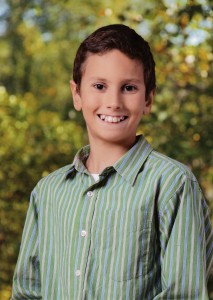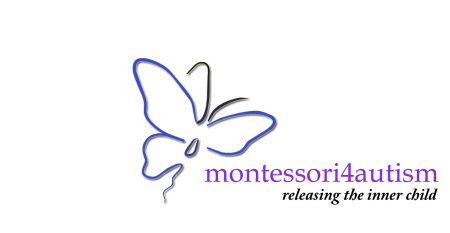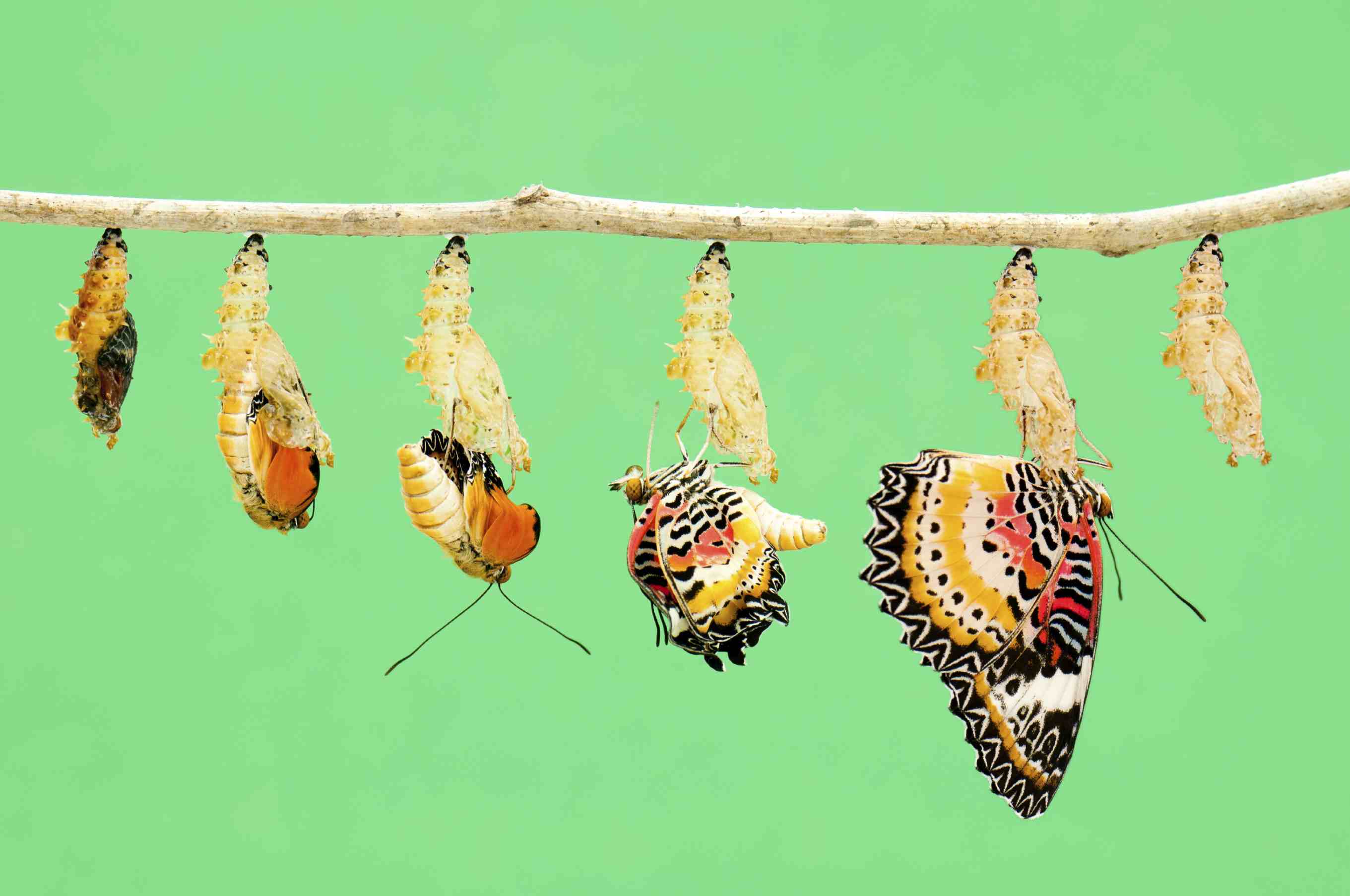Our Story
Arduous Journey

David, age 9
In the spring of 2004, my son David was diagnosed with a regressive form of PDD-NOS, one of the ASD (autistic spectrum disorders), several months before his third birthday. His marked decline had started at about two years of age and was followed by a succession of fevers, infections, severe gastrointestinal issues, visits to emergency rooms, and the gradual loss of nearly every skill he had acquired.
The diagnosis was accompanied by statements causing it to sound like a slow death sentence: “a life-long condition for which there is no cure”, was the position of the American Academy of Pediatrics at that time. It would be difficult to overstate the burden this diagnosis has placed on our family, on us as individuals, and on our outside relationships. We’ve been repeatedly betrayed by our public special education system – the very system that was supposed to be our ally. We’ve been through the heartache of our son’s multiple regressions, self-injurious behaviors, and great difficulties acquiring the most basic skills. In our commitment to provide our son with appropriate remediation therapies, we were compelled to sacrifice parental attention to our older daughter during an important phase of her development (read her essay in Autism File magazine (UK), Aug.-Sept issue, 2014). As with so many other families, we were heavily affected by the diagnosis – emotionally, physically and financially.
Nevertheless, we are among the fortunate ones to have seen our efforts reach fruition, as our child has emerged from behind the shell of autism to become an intelligent, functional, self-motivated, emotionally connected, and compassionate pre-teen. He still has residual challenges of ASD, but he has reached the point where it is plausible to envision full recovery with attainment of adult self-sufficiency.

